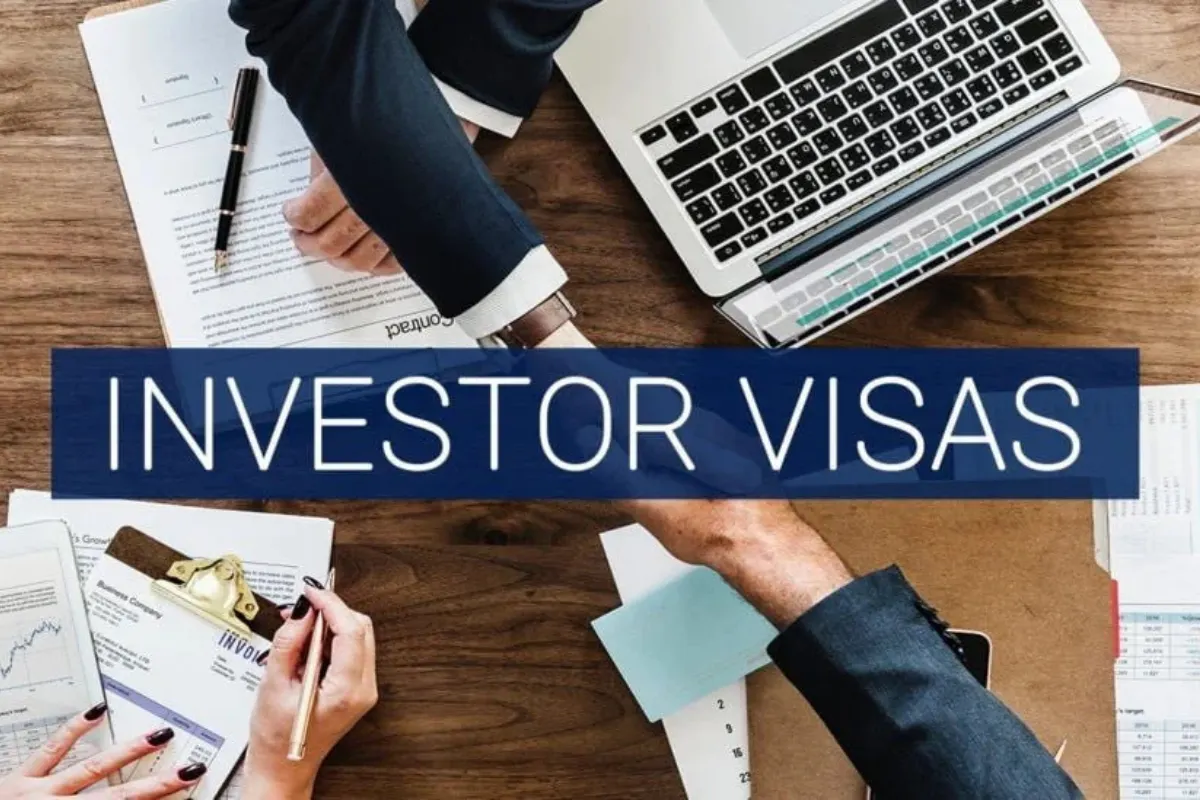
Business Investor Visa: Benefits for Entrepreneurs and Startups
Table of Contents
A Business Investor Visa can change the future for many entrepreneurs and startups. It is more than a travel paper. It lets people live, work, and grow a business in another country. In this article I will explain, in simple English, what a Business Investor Visa is, how it helps founders, and the practical steps someone should know. I will use clear examples so readers are left with no doubts.
What is a Business Investor Visa?
A Business Investor Visa is a special type of visa that many countries offer to attract people who will start businesses or bring investment. The goal is to create jobs, support new companies, and boost the local economy. Different countries call these visas by different names, but they all share the same idea: let investors or business founders live in the country while they build a company. For example, the United States has the EB-5 immigrant investor program with specific investment amounts, and Canada has a Start-up Visa that works with approved organizations.
Who should consider a Business Investor Visa?
If you are an entrepreneur who wants to scale your idea in a new market, a Business Investor Visa may be right for you. It is useful for founders who:
- Want to place the business where customers are.
- Need to hire local staff with market knowledge.
- Want to access local investors, incubators, or accelerator programs.
- Wish to build a long-term life for themselves and their family in the new country.
Top benefits for entrepreneurs and startups
1. Easier access to local customers and partners
Being physically present helps you meet customers, suppliers, and partners face to face. This builds trust faster than remote meetings. For many startups, being on the ground speeds up sales and product improvements.
2. Better access to talent
A Business Investor Visa allows you to recruit from the local talent pool. Local hires understand culture, language, and customer habits. That knowledge can make your product or service much stronger.
3. Connection to funding and networks
Many countries link investor visas to local funds, venture capital, or endorsed incubators. When you are in the country, it is easier to meet investors and join networks that can help you scale. Canada’s Start-up Visa, for example, requires a letter of support from a designated organization to apply.
4. Pathway to residency for you and family
Some Business Investor Visa programs lead to permanent residence after certain conditions are met. This means your spouse and children can live, study, and use local health services. It gives families stability while the business grows.
5. Business-friendly rules and supports
Many governments offer training, mentoring, or simplified business registration for investor visa holders. These supports reduce early mistakes and help founders build stronger companies.
How the rules differ by country (simple overview)
- United States (EB-5): Requires a substantial capital investment and job creation targets; thresholds change with policy updates.
- Canada (Start-up Visa): Focuses on innovation and endorsement by a designated organization rather than only large capital sums. Applicants must show a qualifying business and enough money to settle.
- United Kingdom (Innovator/Founder route): Requires an endorsement from an approved body and proof of an innovative, scalable idea, and basic English skills.
- Australia: The Business Innovation & Investment program saw major changes in 2024 — check current rules before applying.
Because each country’s rules change from time to time, it is important to check the official government site before you plan. I have used trusted government pages and recent guides to write this article so the main points are accurate.
Common questions answered
Do I always need a large sum of money?
Not always. Some countries ask for large capital (like certain EB-5 streams), while others value innovation and endorsements more than a fixed amount. Check which program fits your resources.
Can I bring my family?
Most Business Investor Visa routes allow spouses and dependent children to join. They can often study or work, depending on local rules.
Will I get permanent residency?
Some visas give a route to permanent residency if you meet conditions such as investment levels, business performance, or time lived in the country.
What are the main risks?
Startups can fail. Immigration rules can require you to meet business or investment conditions. Always plan carefully and keep good records.
Practical steps if you decide to apply
- Choose the country that fits your market and family needs.
- Read the official guide for that country’s investor or start-up visa. Use government websites and trusted advisors.
- Prepare a clear and simple business plan that shows how your business will create value and jobs.
- Find supporting bodies (like incubators or designated organizations) if required.
- Get professional legal and tax advice for both immigration and business rules.
Small but important note on travel and short visits
If your plans include short business trips to countries like New Zealand during preparations, check any short-stay permissions too. For example, keep an eye on your NZeTA Visa Status and how to Submit NZeTA Online for short visits. This helps you travel smoothly while your main investor-visa application runs.
Final thoughts
A Business Investor Visa can be a powerful tool for entrepreneurs and startups. It gives access to new markets, local talent, funding, and sometimes a path to permanent residency for you and your family. But it needs careful planning, realistic money management, and the right legal advice. If you are serious about growing internationally, take the next step: pick one or two countries that match your market needs, read the official guidance, and make a plan.